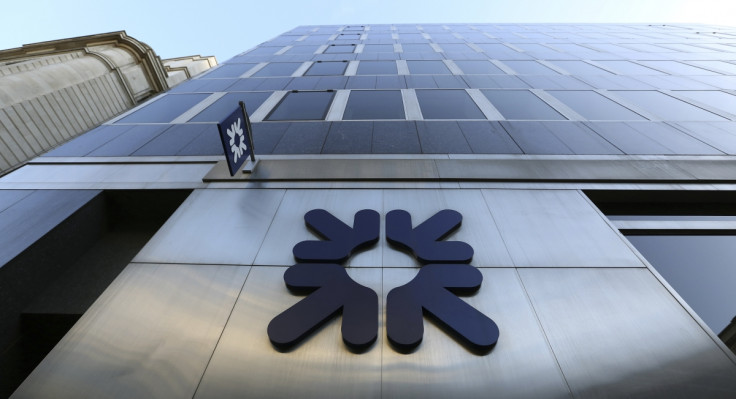RBS Edges Towards Junk Status on Scandal and Restructuring Costs

Moody's rating agency downgraded the Royal Bank of Scotland to near junk status as the undetermined costs and fines, resulting from a raft of financial scandals, and a hefty restructuring bill could end up bringing the bank down.
In a ratings note, Moody's said RBS' shakeup of its structure will "depress profitability, " which has made it even more vulnerable to market shocks as it has very little money to spare, and cut the firm's rating from A3 to Baa1.
"Over a longer-term horizon, RBS's restructuring plan should be beneficial for creditors if executed according to plan," said Andrea Usai, a senior credit officer at Moody's.
"However, the plan is large and complex, carrying significant execution risk in the short to medium term, happening at a time when the bank has limited financial flexibility to manage unforeseen events, which could arise either from the plan or from other sources, such as further litigation or conduct costs."
RBS received a taxpayer funded £45bn (€54bn, $73bn) bailout in 2008, which eventually led it to be 81% owned by the government.
According to RBS's 2013 results, RBS granted staff £576m in bonuses for 2013 despite the part nationalised lender losing £8.2bn over the past year.
The bank also revealed in the same breath that will cough up over half a billion pounds in extra pay rewards as well as try to cut operating costs by £5.3bn.
"The capital plan we announced in November outlined a number of concrete actions to place the bank on a sure footing," said an RBS spokesperson, in response to the rating action.
"We are pleased to note that Moody's has confirmed that our restructuring plan will be a positive development in the medium to long term and will deliver a more efficient, lower-risk UK-focused bank."
RBS Scandals
Following the credit crisis, RBS has been rocked by numerous scandals, from market manipulation, to mass mis-selling, to nationwide IT failures.
In February 2013, RBS agreed to pay £390m to settle US and UK charges related to themanipulation of the benchmark lending rate known as Libor, as well as pleading guilty to a criminal charge of wire fraud from a Japanese subsidiary.
At the end of November last year, the FCA has asked a number of banks to confirm that they have not engaged in similar practices to those allegedly followed by RBS in which businesses were engineered into default while the firm profited from them.
Lawrence Tomlinson, an adviser to Britain's business secretary Vince Cable, claimed that RBS pushed businesses into default after moving them into its Global Restructuring Group (GRG).
The FCA only just kicked off its own review last month.
At the same time, RBS put aside another £3.1bn to settle claims over the mis-selling of payment protection insurance (PPI), mortgage products and interest rate swap agreements.
However, on top of all these problems, RBS is still having to tackle "decades of IT system investment failure," which left millions of customers unable to pay for goods and services or receive payments, after several service outages.
In tandem, the 12,000-strong RBOS Shareholder Action Group is taking the bank to court over allegations that the bank did not fully disclose its true financial condition prior to the government bailout.
© Copyright IBTimes 2025. All rights reserved.


















